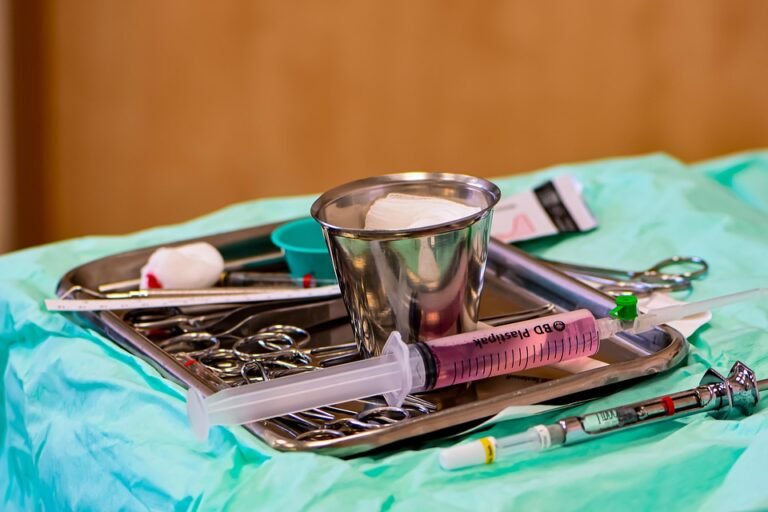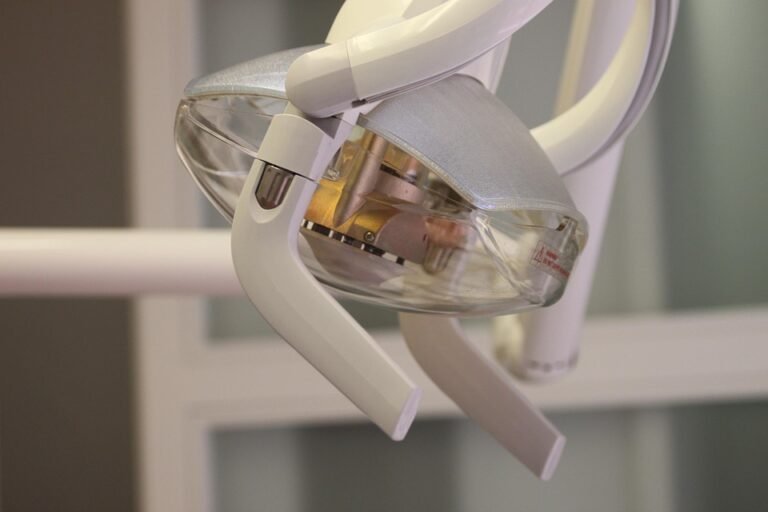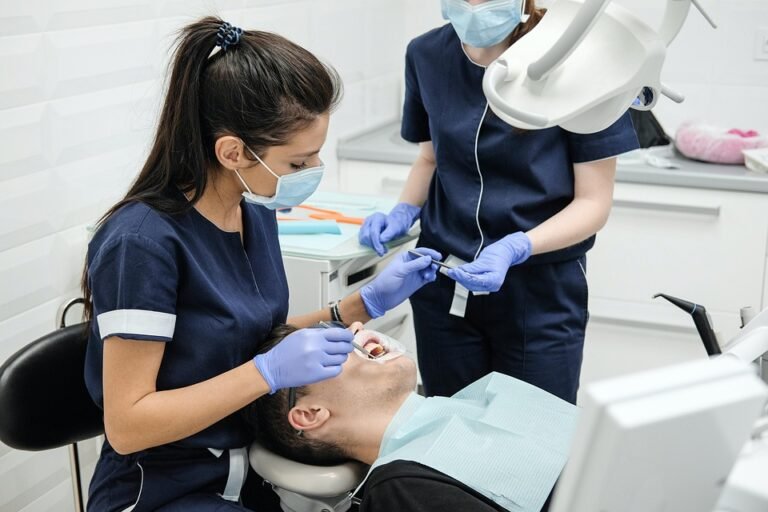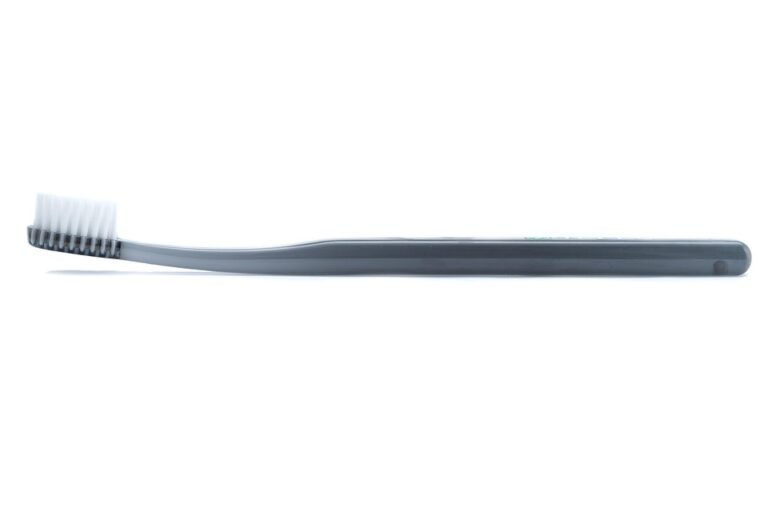How does online dental education prepare students for licensing exams?
Okay, so I’m considering a fully online dental hygiene program (I know, it sounds crazy, but there are a few that claim to be accredited). My biggest concern, though, isn’t so much the day-to-day coursework, but whether or not it actually prepares you for the national and regional licensing exams. I mean, how do they replicate the hands-on experience you need for clinical skills? Do they send you kits? Do they require in-person residencies that are long enough to actually get good experience?
Specifically, I’m wondering about things like:
- Simulated Clinic Experiences: How do online programs simulate the clinical environment and patient interaction required for licensing? What technology or resources do they utilize? Are these simulations sufficient compared to real-world patient care?
- Hands-on Training: What is the amount of hands-on training required? Is it enough? How is it structured? Is it front-loaded, spread out, or concentrated towards the end of the program?
- Faculty Interaction and Mentorship: How do you get personalized feedback from instructors when you’re not physically present in a clinic? Do they use video conferencing for clinical assessments? Are there opportunities to interact with experienced practitioners?
- Licensing Exam Preparation: What specific resources and strategies do online programs offer to help students prepare for the clinical portion of the licensing exams? Do they provide mock exams with simulated patients and grading rubrics? What is their track record of students passing licensing exams on the first attempt?
- Equipment and Materials: What equipment and materials are students expected to acquire themselves? Are there any support programs or financial assistance available to help students obtain these resources?
- Accreditation: Beyond just having accreditation, do licensing boards recognize the practical experience from these online programs as valid for examination eligibility? Has anyone actually passed their boards after only doing an online program?
Basically, I’m looking for detailed information from people who have experience with online dental programs (or know someone who does) regarding licensing exam preparation. I’m nervous about spending a fortune on a program that won’t actually qualify me to practice!
Answer
Online dental education, when designed effectively, can prepare students for licensing exams through a variety of methods that mirror and supplement traditional in-person dental education. These methods focus on delivering comprehensive knowledge, developing clinical skills, and providing exam-specific preparation.
Curriculum Delivery and Knowledge Acquisition:
- Comprehensive Lecture Material: Online programs deliver lectures through various formats, including pre-recorded videos, live webinars, and interactive simulations. These lectures cover the same foundational sciences and clinical subjects as traditional programs, such as oral anatomy, histology, microbiology, pathology, pharmacology, periodontology, prosthodontics, operative dentistry, endodontics, orthodontics, oral surgery, and pediatric dentistry. The curriculum often includes supplementary materials like e-books, journal articles, and case studies, fostering a deep understanding of dental principles.
- Interactive Learning Tools: Many online platforms incorporate interactive elements to enhance learning. These may include quizzes, polls, discussion forums, and virtual patient simulations. Quizzes and polls help students gauge their understanding of the material, while discussion forums facilitate interaction with instructors and peers. Virtual patient simulations allow students to apply their knowledge in a safe and controlled environment, improving their diagnostic and treatment planning skills.
- Assessment and Feedback: Regular assessments, such as quizzes, exams, and case presentations, are integrated into the online curriculum. These assessments not only evaluate student learning but also provide valuable feedback on areas where they need to improve. Detailed feedback on assignments helps students understand their strengths and weaknesses, enabling them to focus their studies effectively.
- Access to Experts and Mentors: Online programs often provide access to experienced faculty members and mentors through virtual office hours, online forums, and one-on-one video conferencing. This allows students to ask questions, receive personalized guidance, and build relationships with dental professionals. Mentorship can be particularly helpful in preparing for the practical aspects of licensing exams.
Clinical Skill Development:
- Virtual Simulations and Augmented Reality: While clinical skills are primarily developed through hands-on experience, online platforms are increasingly incorporating virtual simulations and augmented reality tools. These tools allow students to practice procedures such as cavity preparations, root canal treatments, and implant placement in a virtual environment. While virtual simulations cannot fully replace hands-on experience, they can help students develop a strong understanding of the procedural steps and improve their psychomotor skills.
- Preclinical Training: Many online dental programs require students to complete preclinical training in a simulation lab setting. This training provides students with the opportunity to practice basic dental procedures on mannequins and extracted teeth under the supervision of experienced instructors. Preclinical training helps students develop the manual dexterity and technical skills necessary for clinical practice.
- Externships and Clinical Rotations: A crucial component of online dental education is the completion of externships or clinical rotations. These rotations allow students to gain real-world clinical experience in dental offices, hospitals, or community clinics. Students work under the supervision of licensed dentists, providing patient care and developing their clinical judgment. The number of required clinical hours typically aligns with licensing board requirements.
- Video Demonstrations and Case Presentations: Online programs often utilize video demonstrations and case presentations to illustrate clinical procedures and treatment planning. Students can observe experienced dentists performing various procedures and learn from their techniques and decision-making processes. Case presentations provide students with the opportunity to analyze complex clinical scenarios and develop their diagnostic and treatment planning skills.
Exam-Specific Preparation:
- Practice Exams and Mock Board Examinations: Online programs frequently offer practice exams and mock board examinations that simulate the format, content, and timing of the actual licensing exams. These practice exams help students familiarize themselves with the exam format, identify their areas of weakness, and improve their test-taking strategies. Detailed performance reports provide valuable insights into student performance and highlight areas where further study is needed.
- Review Courses and Study Materials: Many online programs offer review courses and study materials specifically designed to prepare students for licensing exams. These resources may include comprehensive review guides, flashcards, and online question banks. The review courses often cover the key topics tested on the exams and provide strategies for answering different types of questions.
- Faculty Guidance and Mentorship: Experienced faculty members can provide valuable guidance and mentorship to students preparing for licensing exams. They can offer advice on study strategies, exam-taking techniques, and career planning. Mentorship can also help students build confidence and overcome any anxieties they may have about the exams.
- Access to Past Exam Questions (Where Available and Permitted): Some programs may provide access to past exam questions (if permitted by licensing boards) or simulated questions based on previous exams. This can help students understand the types of questions that are typically asked and the level of difficulty they can expect.
Addressing Challenges and Ensuring Quality:
- Technology and Infrastructure: Reliable internet access and a suitable learning environment are essential for online dental education. Programs often provide technical support to students to ensure they can access the online resources and participate in virtual activities without any technical difficulties.
- Accreditation: Accreditation by recognized dental education accrediting bodies is crucial for ensuring the quality and credibility of online dental programs. Accreditation ensures that the program meets established standards for curriculum, faculty, and resources. Graduates of accredited programs are typically eligible to sit for licensing exams.
- Hands-on Clinical Experience: Ensuring sufficient hands-on clinical experience is a major challenge for online dental education. Programs address this challenge through rigorous preclinical training, extensive clinical rotations, and partnerships with dental clinics and hospitals.
- Student Engagement and Motivation: Maintaining student engagement and motivation in an online learning environment requires innovative teaching strategies and a supportive learning community. Programs often use interactive learning tools, discussion forums, and virtual social events to foster a sense of community and encourage student participation.
While online dental education presents unique challenges, these methods can effectively prepare students for licensing exams by delivering comprehensive knowledge, developing clinical skills, and providing exam-specific preparation.




